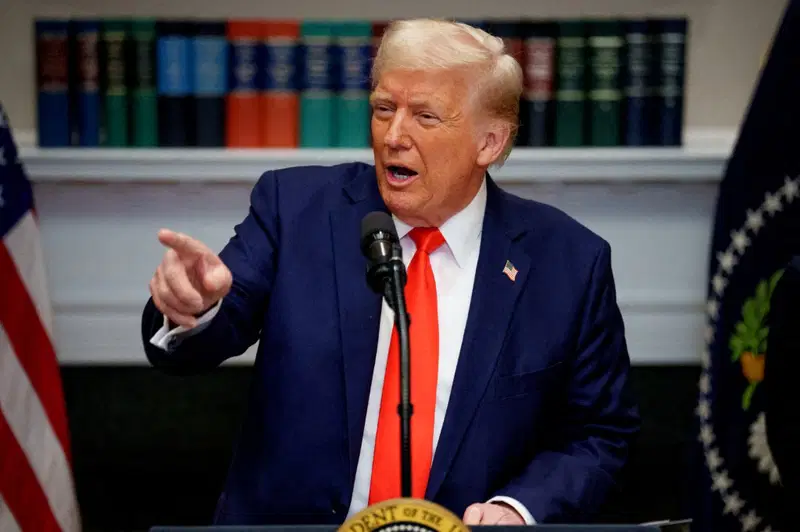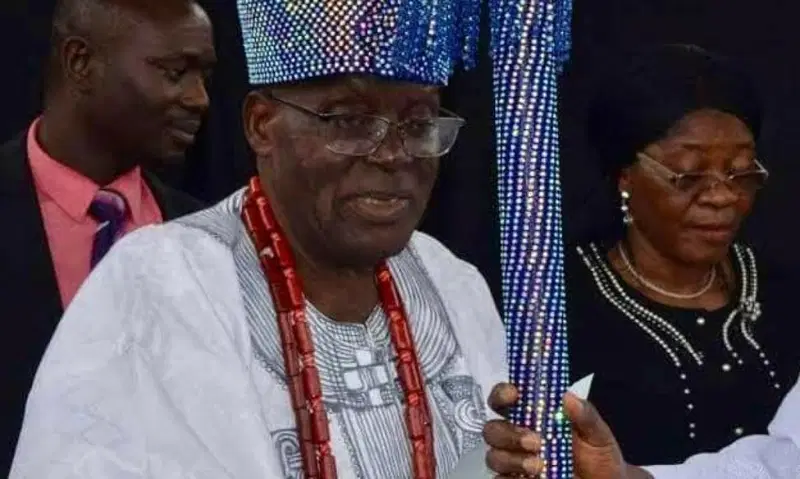- Constitutional Flaw: Nigeria’s 1999 Constitution, imposed by the military, contains provisions unacceptable to many Nigerians.
- Immunity Clause: Section 308 grants immunity to the President, Vice President, Governors, and their Deputies from civil or criminal proceedings while in office.
- Misuse of Immunity: Law enforcement agencies and citizens unofficially extend immunity to top office holders beyond those constitutionally entitled.
- Adverse Effects: Blanket immunity hinders Nigeria’s anti-corruption war and perpetuates impunity.
- Public Sentiment: Many Nigerians oppose the immunity clause, citing its negative impact on accountability.
The immunity clause in Nigeria’s Constitution has become a contentious issue, with many criticizing its blanket protection for top office holders. Section 308 shields the President, Vice President, Governors, and their Deputies from prosecution while in office. However, the clause’s scope has been unofficially expanded to include other individuals, undermining accountability.
This misuse of immunity perpetuates corruption and impunity, hindering Nigeria’s anti-corruption efforts. Scholars and citizens alike have expressed concerns about the constitution’s limitations, imposed by the military without broad public input.
The immunity clause’s original intent was to protect office holders from frivolous lawsuits, but its expansion has created a culture of unaccountability. Law enforcement agencies and citizens must adhere to the Constitution’s explicit provisions, rather than unofficially extending immunity to additional individuals.
Reforming the immunity clause and ensuring its strict interpretation are essential steps toward promoting transparency and accountability in Nigeria’s governance.




















